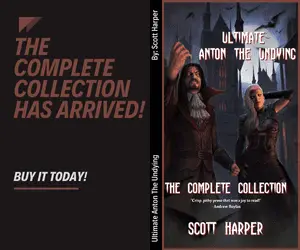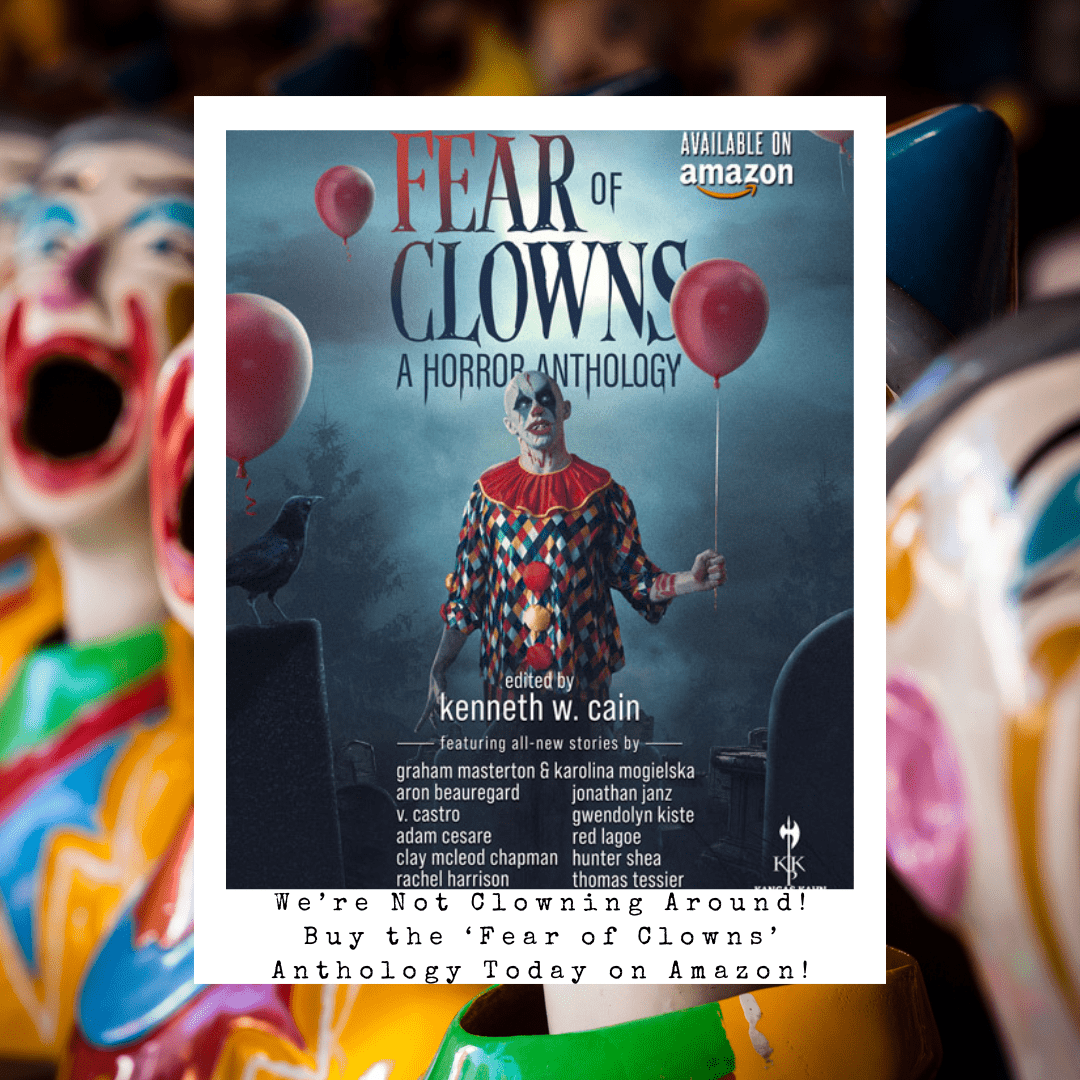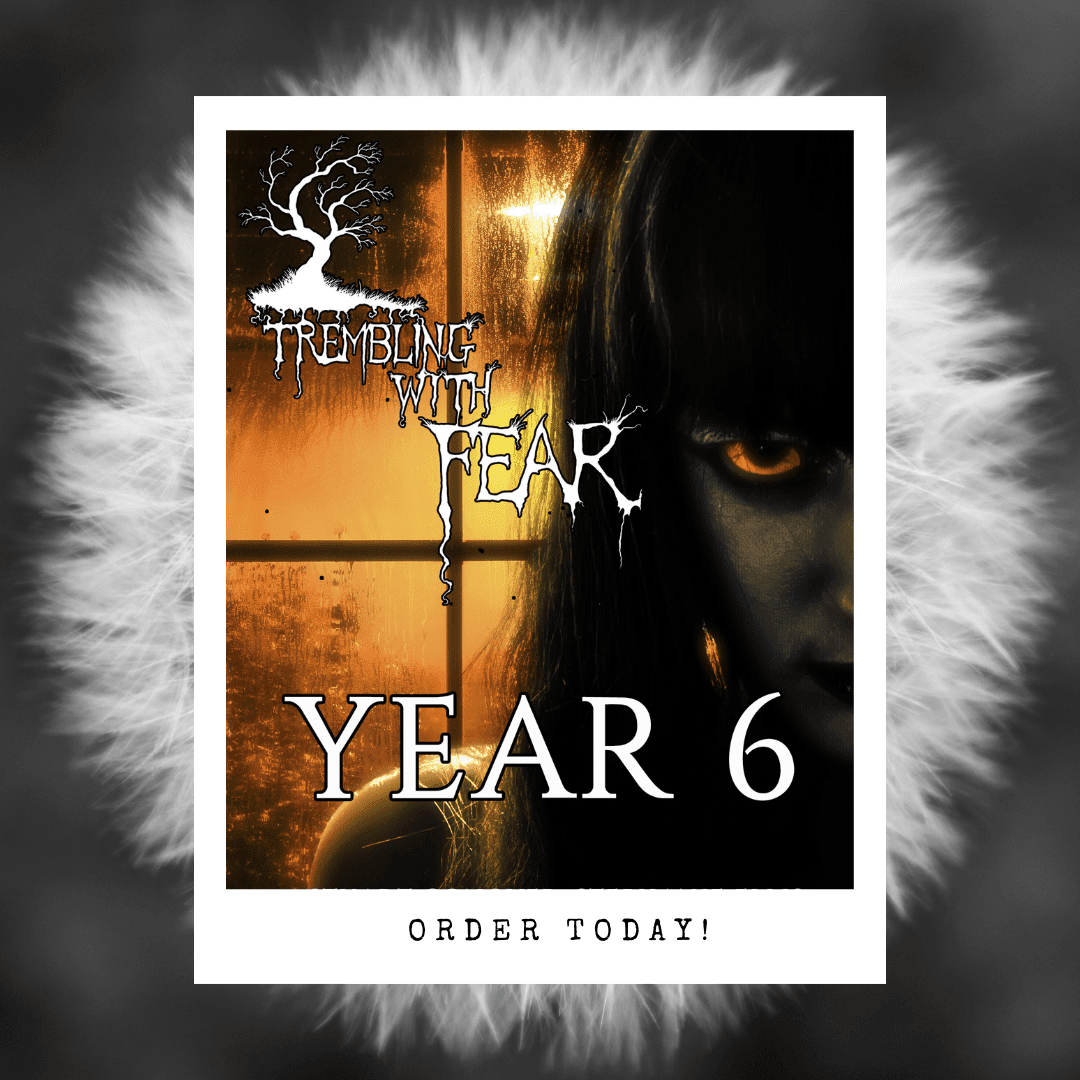Spirit Houses Blog Tour: Share The Love – Why Writers Should Review, And How To Do It
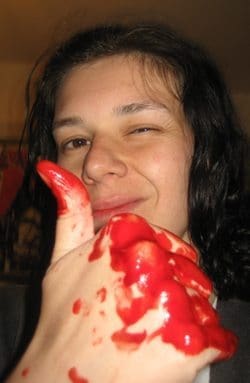 Writing isn’t a popularity contest. Oh, wait – it kind of is. Oops, there – I said it.
Writing isn’t a popularity contest. Oh, wait – it kind of is. Oops, there – I said it.
The whole advent of social media and online reviews and ratings on sites like Amazon and Goodreads has resulted in the usual double-edged sword effect. You can publicise your work to a worldwide audience! But you can also lie! There’ve been a lot of articles written about sock-puppets (fake accounts created by people, often authors, to post good reviews under different names to boost their ratings and rankings) and how it’s possible to buy good reviews. This isn’t about that. This is about genuine reviews.
Nothing compares to the feeling of getting a good review. If I’m honest, it’s the reason I write (it certainly isn’t for the money!) The one thing that gives me more of a buzz than anything else is reading a few words from a complete stranger who happened upon my work and enjoyed it. Not that I don’t glow with fuzzy love when I read a similar review from a friend – it’s just that, my friends know me and as such I presume them to be biased in my favour. That’s why, in my opinion, you shouldn’t just review work by your friends. You should write reviews for authors you’ve never and will never met, especially if they’re new or self-published. If you enjoyed their book, don’t just tell your friends (well, DO tell your friends, definitely DO THAT) but tell them as well – the encouragement and tiny extra publicity push your review gives them could make a real difference to them. Even if they’re almost-famous, I imagine you’d be surprised (or maybe totally unsurprised if you’re a writer yourself) how little feedback authors actually do get. The nice part about this, especially if you’re an author yourself, is that often, dropping that note into a fellow author’s inbox on Goodreads can lead to making a friend, or at least expanding your creative network.
Of course, not everything you read will be great. If you’re compelled to leave a bad review for a book (and I’m increasingly taking the ‘if you can’t say something nice, don’t say anything at all’ approach, but I suspect this might be down to my fear of receiving unreasonably bad reviews myself!) then by all means do it. Just, take a deep breath before you do, and make sure you’re honest. If something has obviously not been proof-read and is riddled with huge errors or lazy writing then I think it’s justifiable to warn other readers about it before they shell out their hard-earned cash on something they’re highly likely not to enjoy. If, though, you just don’t like the story or style then make sure you give that as the reason for your negative review. Some people WILL like the story and those people may be put off by a dozen ‘this book is plain terrible!’ ratings that don’t give an actual reason for their apparent loathing. Always say why. I once read a one-star review off someone who quite politely stated that they couldn’t finish the book because they hated reading first-person point of view. Perfectly legitimate opinion, succinctly stated – it might have been a bit harsh that it dragged the author’s overall star-rating down, but at least it wouldn’t put off too many potential readers checking out the reviews (unless of course they also hated first-person P.O.V. in which case – what a helpful review!)
Finally, be polite. It’s kind of an obvious one, but remember that everything you write about an author online, they’re likely to see (yes, we compulsively vanity-surf our own titles, don’t even try to deny it!) You can say pretty much anything you like about a piece of work, so long as you say it in the right tone. That goes for readers and authors both. If you’re a gracious, lovely author then it’s not going to hurt you in that big ol’ popularity contest of star ratings.
In conclusion, in the immortal words of Scooter: it’s nice to be important, but it’s more important to be nice!
Die Booth is an award-winning horror writer from Chester, UK, who enjoys old things, ale, messing about and being nice. You can also read several of Die’s stories in the 2011 anthology ‘Re-Vamp’ (http://diebooth.wordpress.com/re-vamp/) co-edited by L.C. Hu. Die’s debut novel ‘Spirit Houses’, a supernatural tale of action, adventure and excellent Scotch, is out now. (http://diebooth.wordpress.com/)
Ebooks
- Kindle (US) – http://www.amazon.com/dp/B00F53BVO6
- Kindle (UK) – http://www.amazon.co.uk/Spirit-Houses-ebook/dp/B00F53BVO6/ref=sr_1_3?s=digital-text&ie=UTF8&qid=1379067559&sr=1-3&keywords=Spirit+Houses (how do I get a smaller link?!)
- Lulu PDF (readable on all e-readers) – http://www.lulu.com/shop/die-booth/spirit-houses-pdf/ebook/product-21179838.html
- Lulu E-pub (readable on most e-readers except Kindle) – http://www.lulu.com/shop/die-booth/spirit-houses/ebook/product-21170095.html
Paperback
- Lulu – http://www.lulu.com/shop/die-booth/spirit-houses/paperback/product-21196530.html
- LULU AUTHOR SPOTLIGHT – http://www.lulu.com/spotlight/diebooth
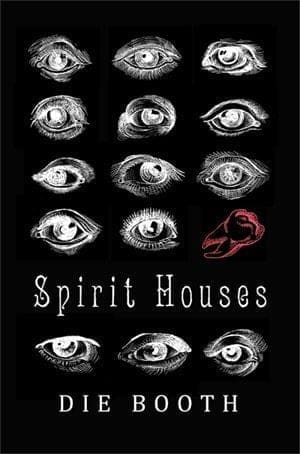

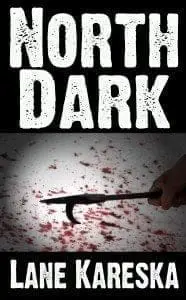 I wrote North Dark—a dark novella that weaves through genres like adventure, post-apocalyptic fantasy and horror—during a particularly dark winter in my life; my dog was dying, and I dealt with it by taking him with me to an isolated house in northwest Indiana and pretty much just writing every weekend for a couple of months. During this time, I also read and watched a lot of fantasy, a genre which was more or less new to me. The thinking was that North Dark would be a pure fantasy work, however, due to the nature of that particular season, the art I’d spent my life up to that point absorbing, or both, the content of the novella kept swerving back into horror—a genre about which I’ve been enthusiastic since I was probably way too young.
I wrote North Dark—a dark novella that weaves through genres like adventure, post-apocalyptic fantasy and horror—during a particularly dark winter in my life; my dog was dying, and I dealt with it by taking him with me to an isolated house in northwest Indiana and pretty much just writing every weekend for a couple of months. During this time, I also read and watched a lot of fantasy, a genre which was more or less new to me. The thinking was that North Dark would be a pure fantasy work, however, due to the nature of that particular season, the art I’d spent my life up to that point absorbing, or both, the content of the novella kept swerving back into horror—a genre about which I’ve been enthusiastic since I was probably way too young. Lane Kareska was born in Houston, Texas. He studied writing at Columbia College Chicago and his MFA is from Southern Illinois University Carbondale, where he was also awarded a Fellowship to live and write in Ireland. Lane traveled Europe and South America to research his graduate thesis. He teaches creative writing and works in technology and new media. His fiction has appeared in Berkeley Fiction Review, Sheepshead Review, Flashquake and elsewhere. Lane currently lives in Chicago and can be followed on Twitter @LaneKareska as well as reached at
Lane Kareska was born in Houston, Texas. He studied writing at Columbia College Chicago and his MFA is from Southern Illinois University Carbondale, where he was also awarded a Fellowship to live and write in Ireland. Lane traveled Europe and South America to research his graduate thesis. He teaches creative writing and works in technology and new media. His fiction has appeared in Berkeley Fiction Review, Sheepshead Review, Flashquake and elsewhere. Lane currently lives in Chicago and can be followed on Twitter @LaneKareska as well as reached at 
